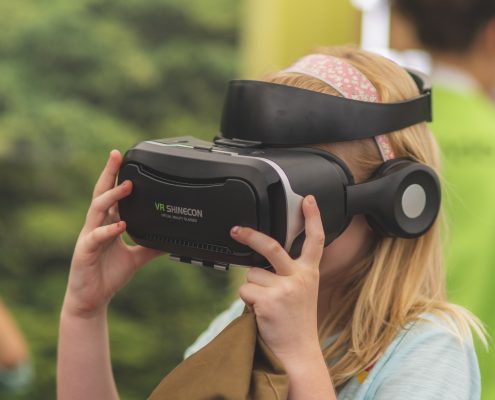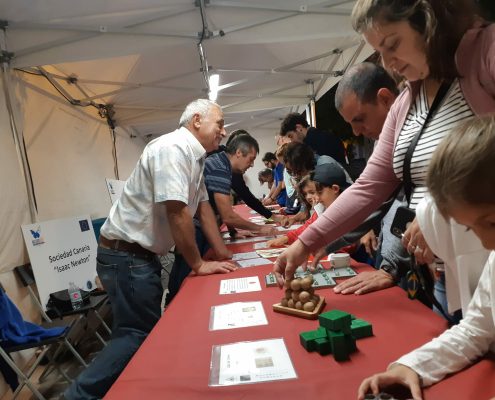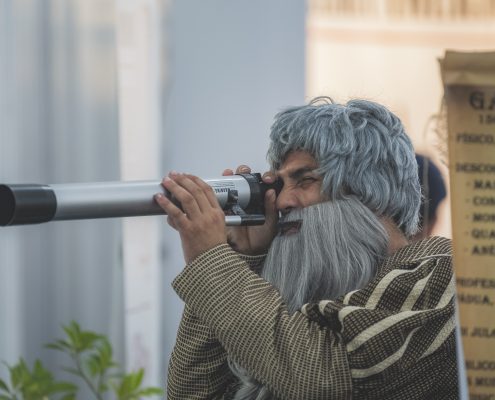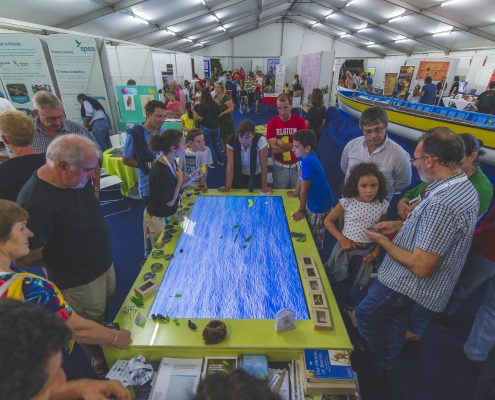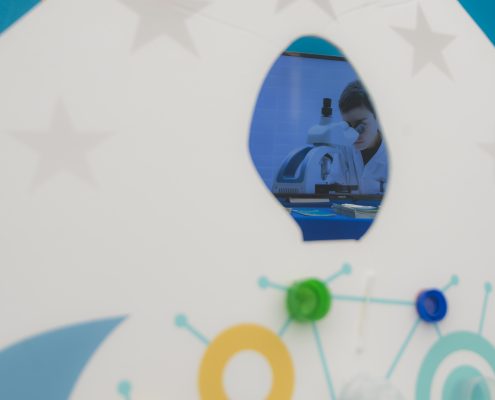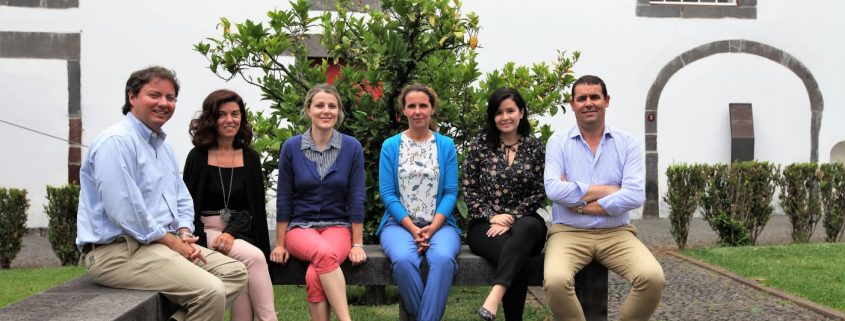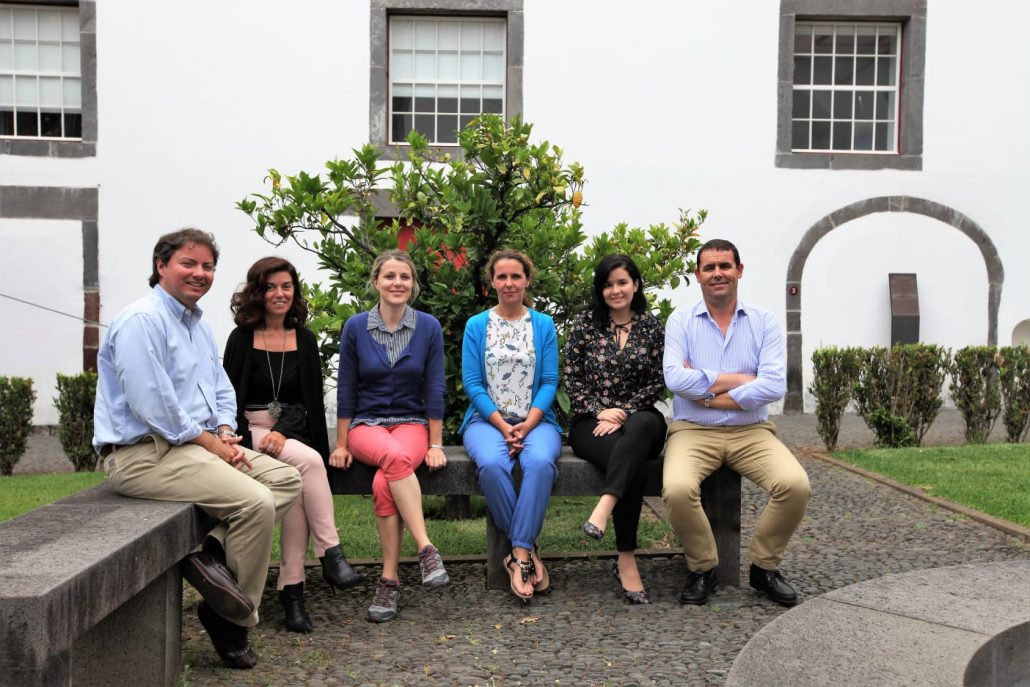The past year was an atypical one, there is no denying it. Despite the many problems posed by the COVID-19 pandemic, LPRC still managed to keep up with its work plans. All team activities – where the EU-funded projects are of most importance – ran successfully. Although not without a certain degree of adaptation. A quick summary of our activities on each of our EU projects during 2020 is given below:
INTERMIN: LPRC participated in the project’s main discussions and contributed with dissemination activities. The team’s biggest workshare was done in 2019 regarding WP2 – Raw Materials Sector Skills, Gaps and Needs.
MACARONIGHT: In 2020, LPRC coordinated the second installment of the MACARONIGHT project after its success in 2o19. Coordination included preparation and monitoring of activities in different islands as well as analysis of the outcomes.
PRO-ACT: For this space project, LPRC contributed with geological information for the preparation of the lunar analogues where the robotic elements shall be tested during 2021. LPRC also presented the project during the EGU 2020 event.
ROBOMINERS: LPRC leads WP8 – Active clustering and roadmapping – and during 2020 the team contributed to the exchange of information with several projects and initiatives, kickstarted Focus Groups discussions and launched the Horizon Scanning activities. LPRC also contributed with the dissemination of the project at several opportunities.
AGEO: Within AGEO, the team leads communication and dissemination efforts. In 2020, besides the outreach efforts, LPRC also contributed to strengthening the impact of the project by leveraging communication with other EU projects and initiatives.
CROWDTHERMAL: During 2020, LPRC’s role was two-fold. First, the team largely contributed to the communication efforts with the management of social media channels and preparation of material such as factsheets. Second, LPRC kickstarted activities for WP4 – Integrated Development Schemes, which it leads.
ENGIE: LPRC started discussions and prepared ENGIE-related activities for the Researchers Night in 2020. For this task, LPRC hosted a high number of (online) workshops. The team also contributed with dissemination of the project, as seen with its participation on the EGU 2020 event.
UNEXUP: Continuing LPRC’s tasks from UNEXMIN, in UNEXUP the team also leads dissemination efforts. Therefore, LPRC was responsible for the development of all outreach material – both online and physical. Another important task, was the team’s contribution to the market analysis and go-to-market strategy set for the project’s implementation.
MOBI-US: Within this education-based project LPRC had two main tasks. It led outreach efforts during the whole year with the development and implementation of dissemination actions. The other relevant task was the contribution to the major guidelines for the implementation of the MOBI-US network. Here, LPRC contributed with an extensive analysis on the current and future gaps of the raw materials sector.
Besides contributing to EU-projects LPRC was also active in other areas including policy analysis, science communication and use of foresight methodologies.
We hope to have an even better 2021 with more projects and more work!


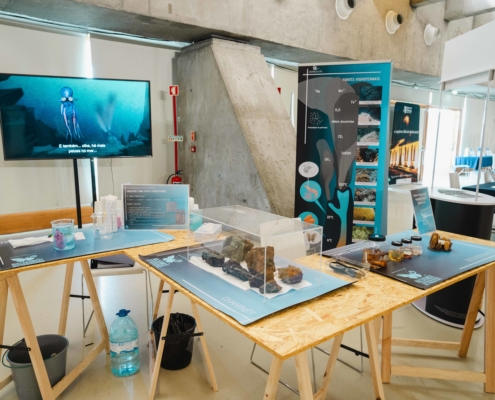
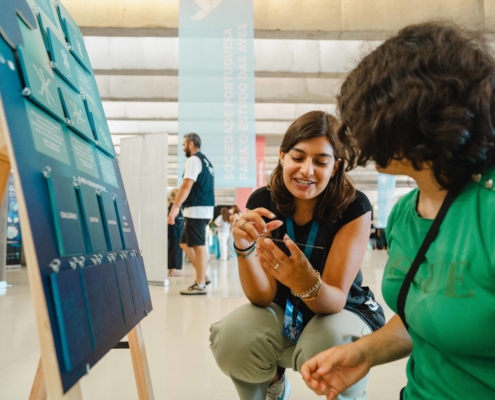
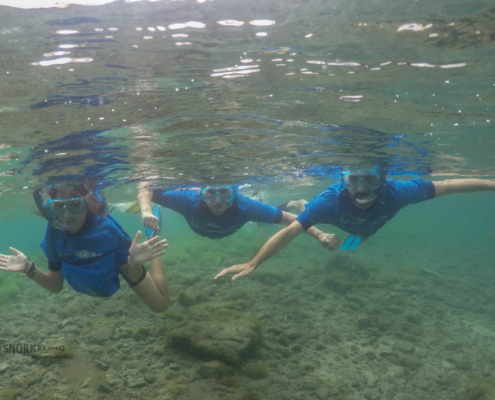
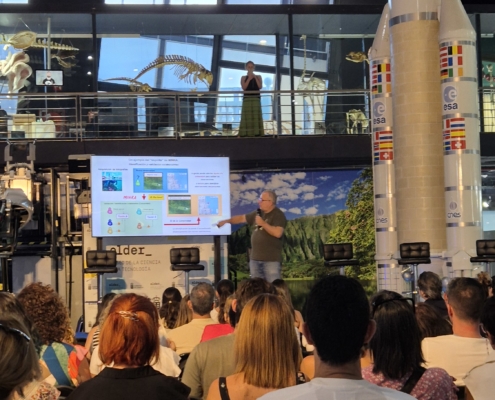
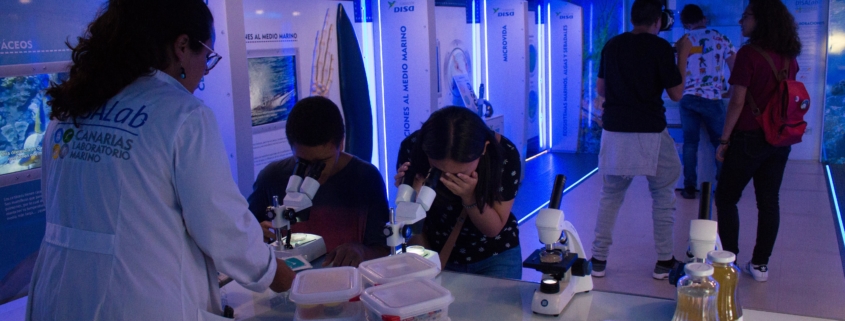
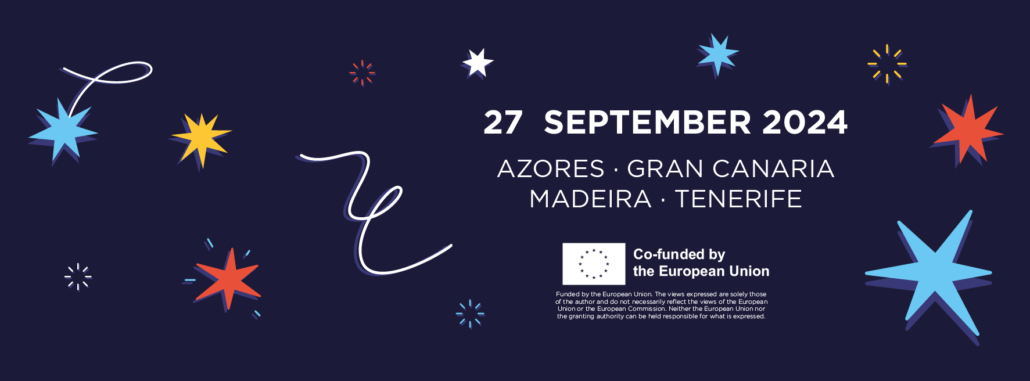
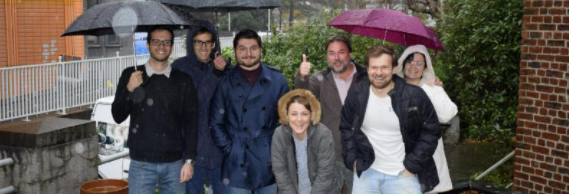
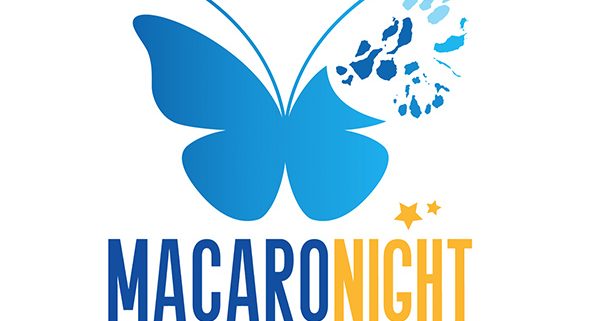

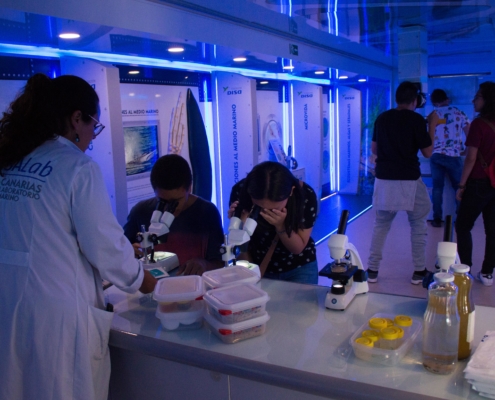
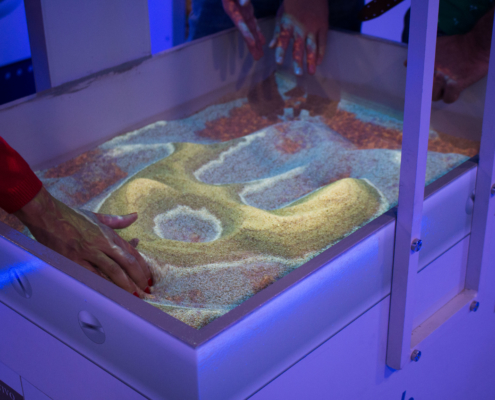
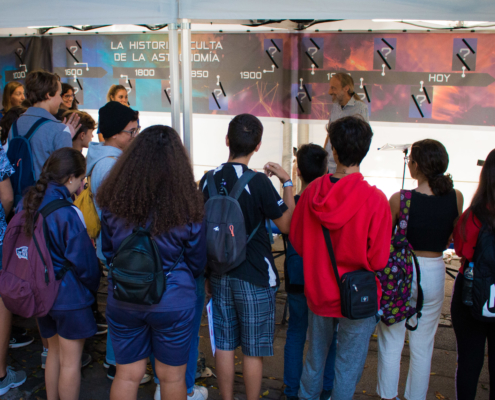
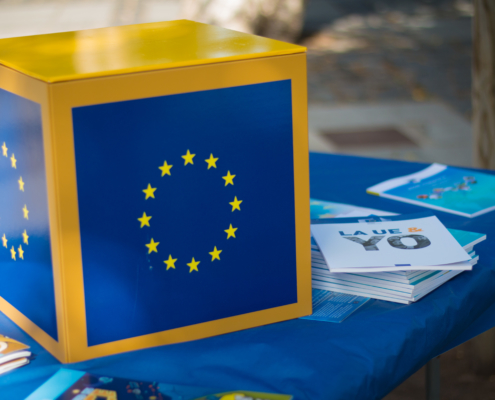
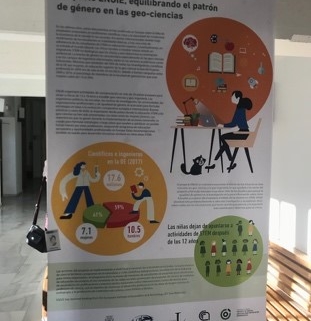
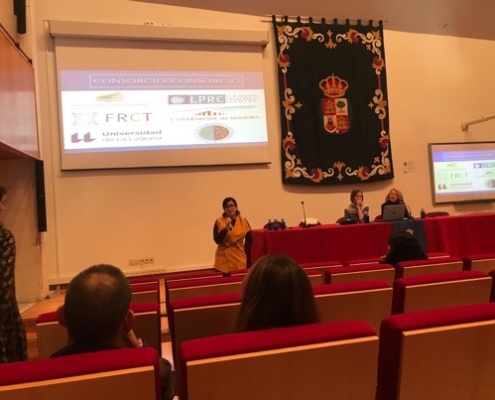
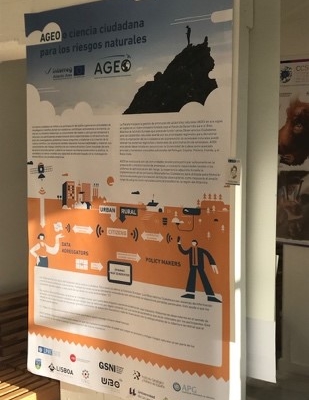
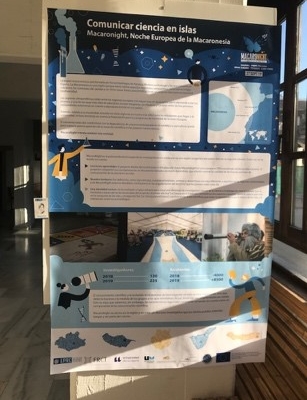
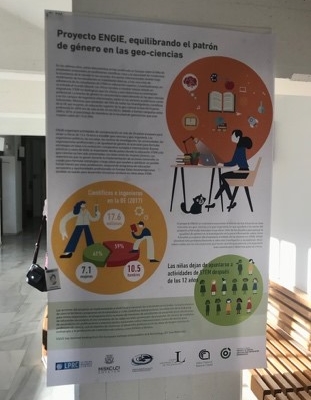
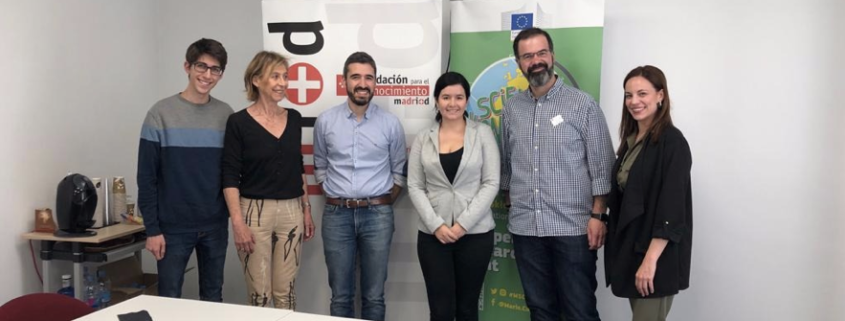
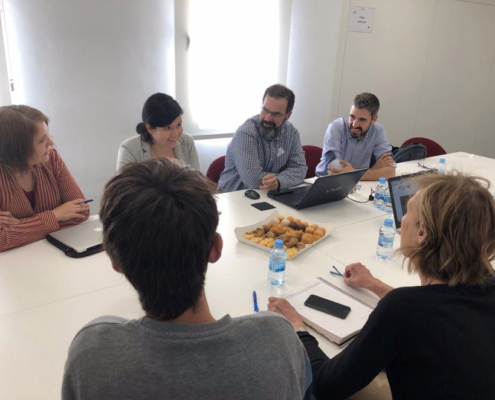
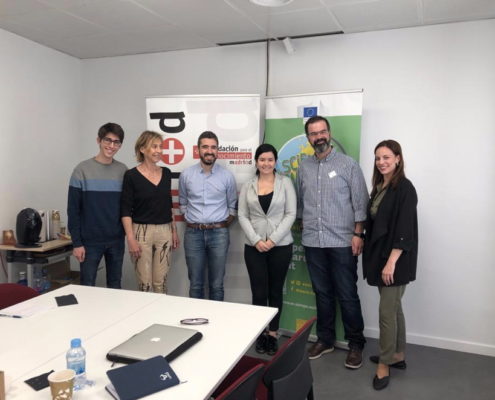
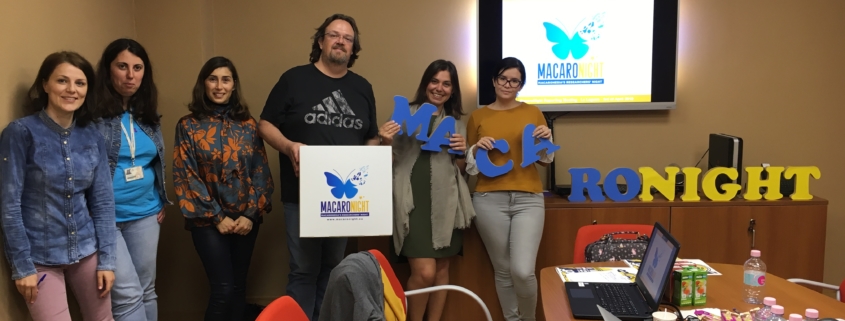
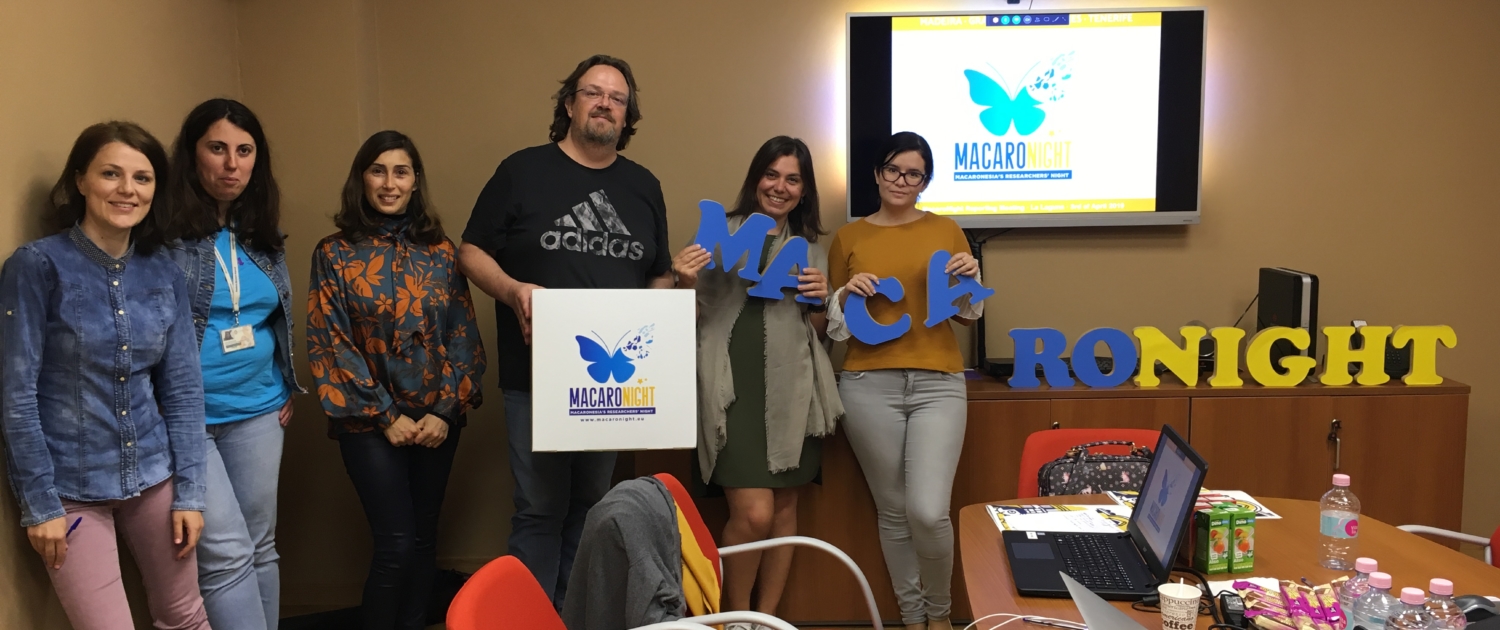
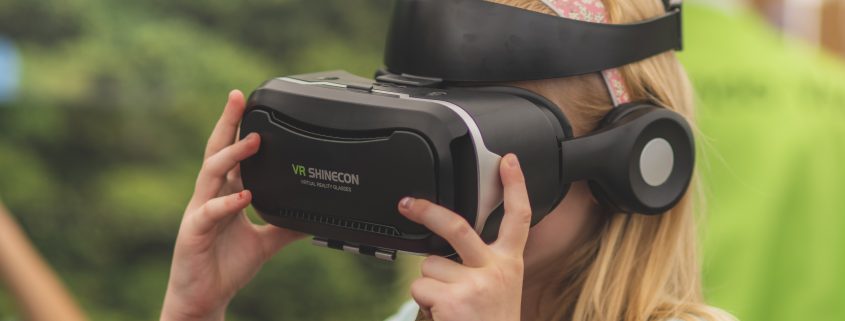 F: Verónica Lalanda (c) ContraTempo.com
F: Verónica Lalanda (c) ContraTempo.com